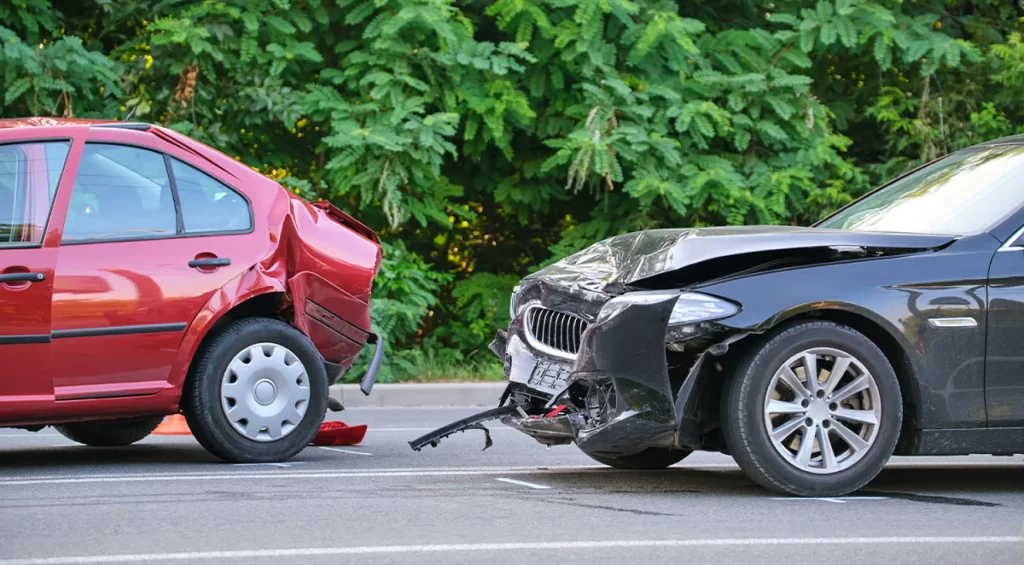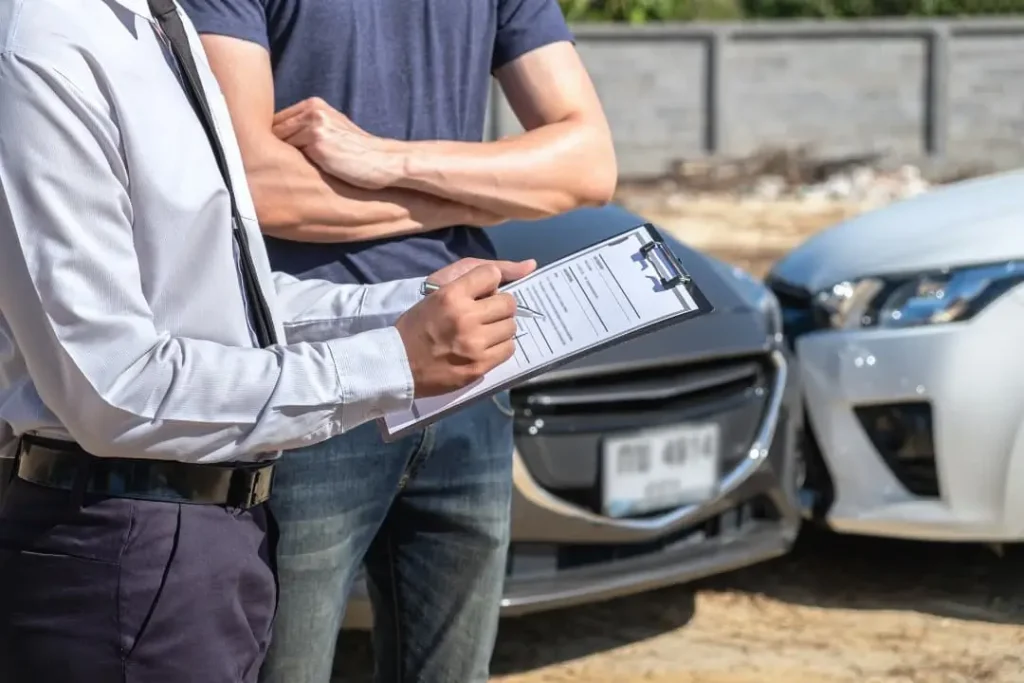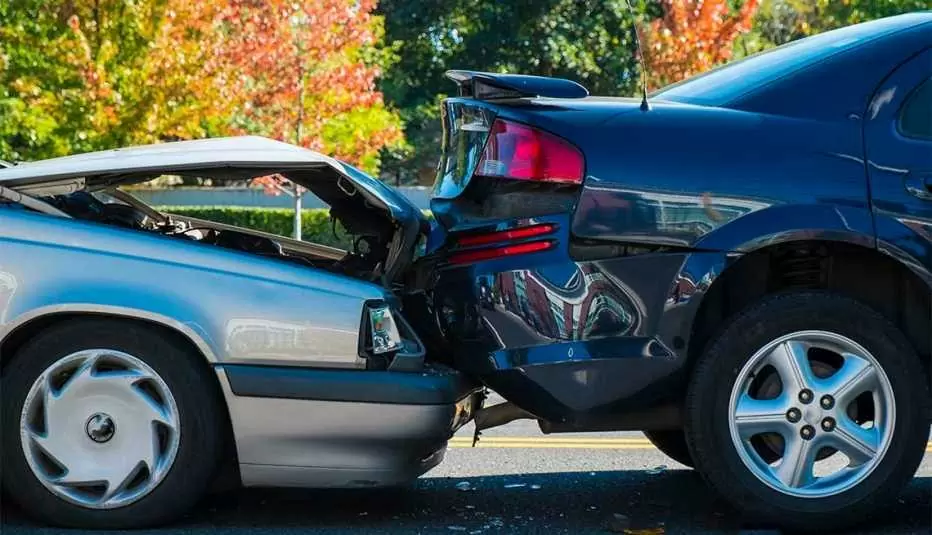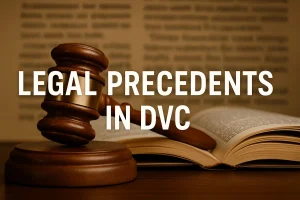Introduction
A car accident can change your life in an instant. You may face medical bills, lost wages, vehicle damage, and emotional distress. Many victims don’t realize the full compensation they’re entitled to or how to protect their legal rights.
Insurance companies aren’t on your side—their goal is to minimize payouts. Without proper knowledge, you could accept a lowball settlement or make a mistake that weakens your claim.
This guide explains:
✔ Your legal rights after an accident and how to protect them
✔ How fault impacts your compensation and claim process
✔ Common tactics insurers use to reduce payouts
✔ When to negotiate and when to seek legal action
By the end, you’ll understand how to navigate the claims process effectively and secure the compensation you deserve.
Step 1: Your Legal Rights at the Scene of the Accident

Do You Have to Call the Police?
Yes—always call the police, even for minor accidents. A police report is critical evidence for your claim. It prevents disputes over fault and ensures the facts are documented.
Even if the other driver offers to “settle privately”, don’t agree. Without a police report, they could later deny responsibility, leaving you with no proof of what happened.
What Information Should You Collect?
To strengthen your claim, collect:
- Driver Information – Name, contact details, driver’s license number, and insurance info
- Vehicle Details – Make, model, year, color, and license plate
- Accident Scene Evidence – Photos of vehicle damage, road conditions, traffic signs, and injuries
- Witness Statements – Contact details of anyone who saw the accident
The more evidence you gather, the harder it is for insurers to dispute your claim.
Do You Have to Admit Fault?
No—never admit fault at the scene. Even saying “I’m sorry” can be used against you. Fault is determined by police reports, state laws, and insurance investigations. Even if you think you were responsible, there may be contributing factors you’re unaware of.
Step 2: How Liability and Fault Affect Your Claim
At-Fault vs. No-Fault States
The way compensation is handled depends on your state’s insurance laws:
- At-Fault States: The driver responsible for the accident pays for damages through their insurance.
- No-Fault States: Each driver’s insurance covers their own medical bills, regardless of who caused the crash.
If you’re in an at-fault state, you must prove the other driver was responsible to claim compensation.
Can You Get Compensation If You Were Partially at Fault?
Yes—but it depends on comparative negligence laws in your state.
- Modified Comparative Negligence – You can recover damages only if you’re less than 50% or 51% at fault.
- Pure Comparative Negligence – You can receive compensation even if you were 99% responsible, but your payout is reduced by your percentage of fault.
- Contributory Negligence – If you’re even 1% responsible, you cannot recover any damages.
Example: If your damages total $50,000 and you’re 20% at fault, your payout is reduced to $40,000.
Step 4: Dealing with Insurance Companies

Should You Talk to the Other Driver’s Insurance?
No—never speak to the other driver’s insurer. Insurance adjusters look for ways to devalue your claim. Anything you say can be twisted to reduce or deny your payout.
If they call, say: “Please speak with my lawyer or my insurance company.”
How Insurance Companies Try to Undervalue Claims
Insurers often use these tactics to pay you less:
- Quick Lowball Offers – Hoping you’ll accept before knowing the full extent of your damages
- Blaming You for the Accident – Trying to shift fault to reduce their liability
- Downplaying Your Injuries – Claiming injuries were pre-existing or not serious
- Delaying the Process – Hoping you’ll give up or settle for less
If an insurer undervalues your claim, you have the right to negotiate or take legal action.
Step 5: When to Consider Legal Action

Signs You Need a Lawyer
You should consult an attorney if:
- The insurance company denies your claim or offers far less than expected
- Your injuries require long-term medical treatment
- The at-fault driver was reckless, uninsured, or underinsured
- You’re unsure how to calculate your full damages
How Long Do You Have to File a Lawsuit?
Every state has a statute of limitations for car accident claims, usually between 2-3 years. If you miss this deadline, you lose your right to sue.
Do You Need to Go to Court?
Most car accident claims are settled outside of court. However, if negotiations fail, a lawsuit may be necessary. A personal injury lawyer can handle settlement negotiations and represent you in court if needed.
Final Thoughts: How to Protect Your Rights & Maximize Your Compensation
Many accident victims settle for less than they deserve because they don’t understand their rights.
Key Takeaways:
- Call the police, document the accident, and get medical attention immediately.
- Know your state’s fault laws to understand how compensation works.
- Never rush into accepting the first insurance settlement.
- Hire a lawyer if your claim is undervalued, denied, or involves serious injuries.
If you’ve been injured in an accident, securing the right legal support can make the difference between a low settlement and full compensation.



